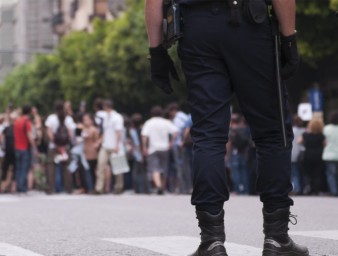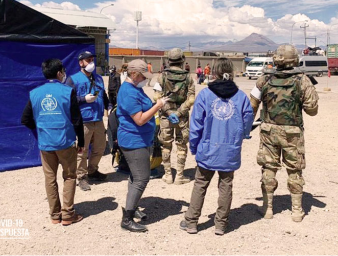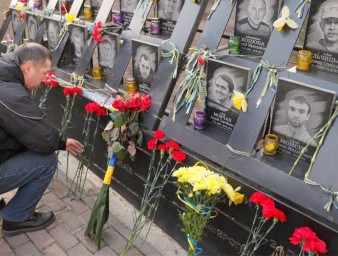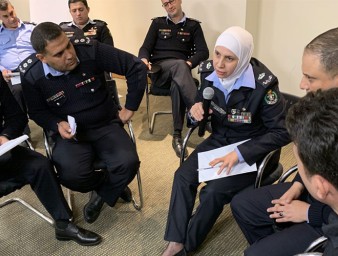Bolivian police, armed forces and others tackle racism
18 October 2016

For decades, the majority of the Bolivian population faced historic exclusion and marginalisation based on ethnic origin on the colour of the skin.
However, recent years have seen the country embarks on a major process to root out the deeply entrenched structural and systematic racism and discrimination faced by Indigenous People, Afro Bolivians, migrants and others vulnerable groups.
“A comprehensive approach is required …to deconstruct centuries of structural discrimination in Bolivia,” said Minister of Culture and Tourism Marko Machicao.
Machicao made his remarks at the opening of a week-long program of activities focusing on racism and all form of discrimination prevention. The program, organized by the Vice-Minister of Decolonization of Bolivia and supported by the UN Human Rights Office in Bolivia, provided training sessions and awareness-raising activities to more than 600 people, including members of the armed forces, the national police, judges, prosecutors and teachers.
Denis Racicot, OHCHR Representative in Bolivia, said that while Bolivia has made great progress in the last 10 years to deal with institutional and structured racism and discrimination, it was still important to gather better data to assess the situation of victims of racism in the country.
“Data will help to analyse the effectiveness of the equality programmes so far adopted in Bolivia,” he said. “Data will also permanently help to monitor the situation of Indigenous People and Afro Bolivians and other groups facing racism and all form of discrimination.”
Tackling racism and promoting gender equality in the armed forces was also the focus of one of the key training during the week. Luis Fernando Mercado Aramayo, Vice Minister of Defence and Cooperation for Integral Development, said officers and institutions were working to fight institutional discrimination, which has kept many low ranking officers of indigenous origin, from accessing higher positions.
“We need to increase vigilance in military units and prevent acts of discrimination, that affect the human dignity of its members,” he said.
Overall participants agreed that the programme was very useful and positive; one of the police officer that participated in a training session said that he was able to acquire practical experience from other countries and at the same time learn about new tools to better respond to and report acts of racism and discrimination and incidents of hate speech.
Bolivia is currently putting together its second national action plan against racism and all form of discrimination, with the assistance of the Office. In addition to the training, the Office also conducted during the weeklong consultations on the process across a wide audience, including NGOs, migrants, refugees, indigenous peoples, Afro Bolivians, persons with disabilities and LGBTI persons.
18 October 2016




